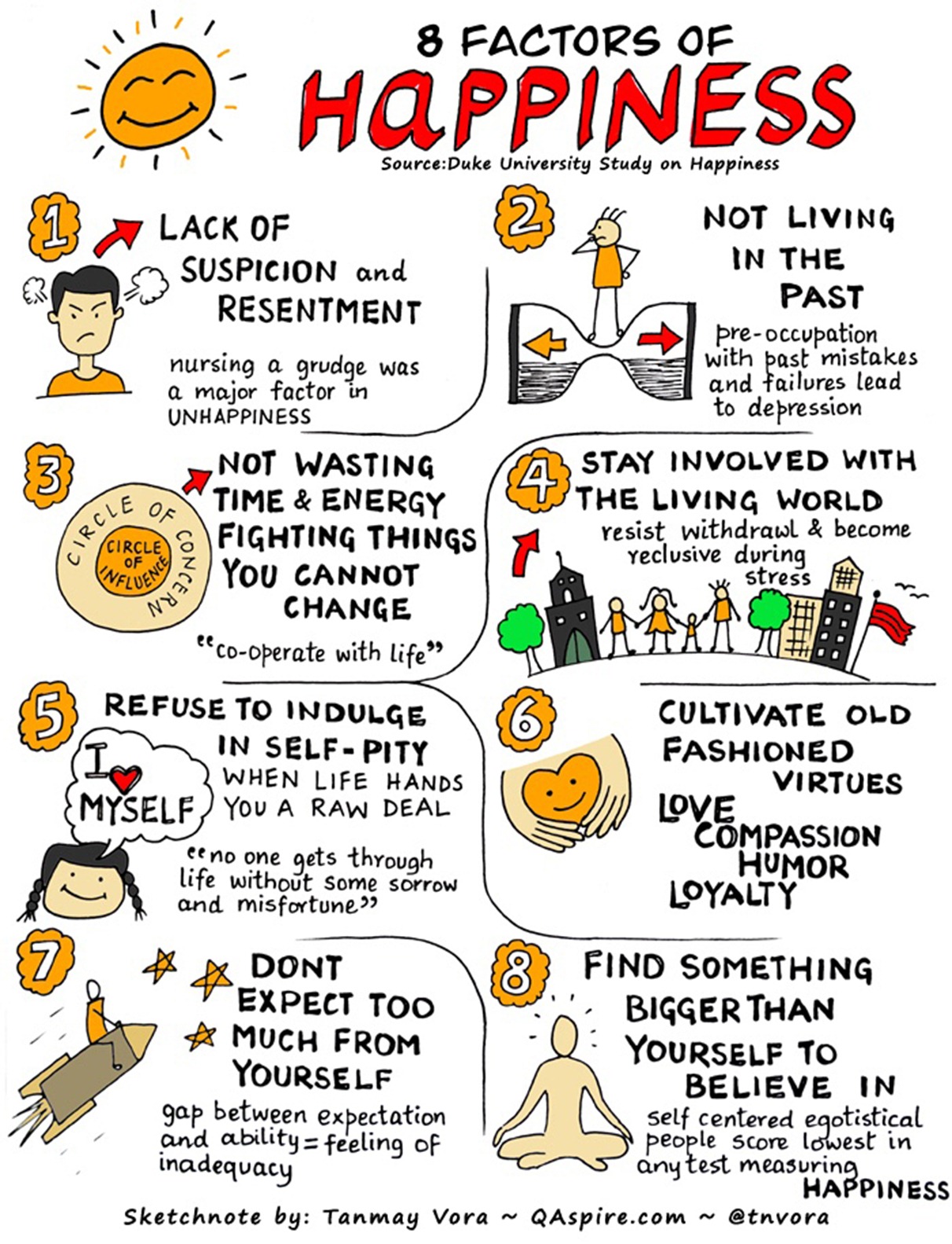Building The Good Life: Happiness, Health, And Well-being

Table of Contents
Cultivating Happiness: The Foundation of a Good Life
Happiness isn't a destination; it's a journey, a continuous process of cultivating positive emotions and a sense of purpose. A meaningful life is built upon a strong foundation of happiness, and this section will equip you with the tools to build that foundation.
Finding Purpose and Meaning:
A fulfilling life often stems from a clear sense of purpose. What truly matters to you? What are your core values? Answering these questions is the first step towards a purposeful living experience.
- Explore your values and passions: Take time for self-reflection. What activities make you feel alive and engaged? What causes do you care deeply about?
- Set meaningful goals aligned with your values: Once you identify your values, set goals that reflect them. These goals should be challenging yet achievable, providing a sense of accomplishment and progress.
- Engage in activities that bring you joy and fulfillment: Schedule time for hobbies, interests, and activities that bring you happiness, whether it's spending time in nature, pursuing creative endeavors, or connecting with loved ones.
- Practice gratitude and appreciate the positive aspects of your life: Focusing on what you're grateful for can significantly boost happiness levels. Keep a gratitude journal or simply take a moment each day to reflect on the positive aspects of your life.
Building Strong Relationships:
Positive relationships are crucial for a good life. Strong social connections provide support, belonging, and a sense of community.
- Nurture connections with loved ones: Make time for meaningful interactions with family and friends. Regular communication and quality time are essential.
- Practice empathy and compassion: Understanding and sharing the feelings of others strengthens bonds and fosters deeper connections.
- Communicate openly and honestly: Effective communication is vital for resolving conflicts and building trust in your relationships.
- Spend quality time with people who uplift you: Surround yourself with positive influences who support your growth and well-being. Limit your time with those who drain your energy.
Managing Stress Effectively:
Stress is an inevitable part of life, but chronic stress can negatively impact your happiness and overall well-being. Learning effective stress management techniques is key.
- Practice mindfulness and meditation: These techniques help you focus on the present moment, reducing anxiety and promoting relaxation.
- Engage in stress-reducing activities (yoga, exercise, hobbies): Physical activity and hobbies are excellent outlets for stress. Find activities you enjoy and make them a regular part of your routine.
- Learn healthy coping mechanisms: Develop strategies to manage stress in healthy ways, such as deep breathing exercises, progressive muscle relaxation, or spending time in nature.
- Seek professional help if needed: Don't hesitate to reach out to a therapist or counselor if you're struggling to manage stress on your own. Prioritizing your emotional wellbeing and mental health is crucial.
Prioritizing Physical Health: A Cornerstone of the Good Life
Physical health is inextricably linked to overall well-being. A healthy body contributes significantly to a good life.
Nutrition for a Healthy Body:
Nourishing your body with a balanced diet is crucial for maintaining physical health and energy levels.
- Eat a balanced diet rich in fruits, vegetables, and whole grains: Focus on nutrient-dense foods that provide sustained energy and support overall health.
- Limit processed foods, sugar, and unhealthy fats: These contribute to weight gain, inflammation, and various health problems.
- Stay hydrated by drinking plenty of water: Water is essential for bodily functions and helps maintain energy levels.
- Consider consulting a nutritionist for personalized advice: A nutritionist can help you create a meal plan tailored to your individual needs and goals. Achieving nutritional wellbeing is a key element of a healthy lifestyle.
The Importance of Regular Exercise:
Regular physical activity is essential for maintaining physical and mental health.
- Aim for at least 150 minutes of moderate-intensity or 75 minutes of vigorous-intensity aerobic activity per week: This could include brisk walking, jogging, swimming, or cycling.
- Incorporate strength training exercises twice a week: Strength training builds muscle mass, improves bone density, and boosts metabolism.
- Find activities you enjoy to make exercise a sustainable habit: Choose activities that you find fun and engaging to make exercise a lifelong commitment.
- Consult a doctor before starting any new exercise program: Especially if you have pre-existing health conditions. Maintaining physical fitness is vital for a long and healthy life.
Prioritizing Sleep and Rest:
Adequate sleep is vital for physical and mental restoration.
- Aim for 7-9 hours of quality sleep per night: Prioritize quality sleep for optimal physical and cognitive function.
- Establish a regular sleep schedule: Go to bed and wake up around the same time each day, even on weekends, to regulate your body's natural sleep-wake cycle.
- Create a relaxing bedtime routine: Wind down before bed with calming activities such as reading, taking a warm bath, or listening to relaxing music. Improving your sleep hygiene is crucial.
- Address any sleep disorders with a healthcare professional: If you're experiencing persistent sleep problems, consult a doctor or sleep specialist. Achieving restful sleep is key for a healthy and productive day.
Enhancing Mental and Emotional Well-being: Integral to the Good Life
Mental and emotional well-being are just as important as physical health. Nurturing your inner self contributes significantly to a truly good life.
Mindfulness and Self-Awareness:
Cultivating mindfulness and self-awareness helps you understand your thoughts and emotions, leading to greater self-acceptance and emotional regulation.
- Practice mindfulness meditation to cultivate present moment awareness: Regular meditation can reduce stress, improve focus, and enhance emotional regulation.
- Engage in self-reflection to understand your thoughts and emotions: Take time to reflect on your experiences and identify patterns in your thinking and emotions.
- Develop emotional regulation skills: Learn to manage your emotions effectively, responding rather than reacting to challenging situations.
- Journaling can be a powerful tool for self-discovery: Writing down your thoughts and feelings can provide valuable insights into your inner world and promote self-awareness. Developing your emotional intelligence is crucial for overall wellbeing.
Seeking Support When Needed:
It’s okay to ask for help. Reaching out to others is a sign of strength, not weakness.
- Don't hesitate to seek professional help from a therapist or counselor: A therapist can provide guidance and support for managing mental health challenges. Accessing mental health support is vital for many.
- Connect with support groups or communities: Sharing experiences with others who understand can be incredibly helpful and validating.
- Talk to trusted friends and family members: Building a strong support system of loved ones is crucial for navigating life's challenges.
- Remember that seeking help is a sign of strength: Taking care of your mental health is just as important as taking care of your physical health. Seeking therapy or counseling shouldn't be stigmatized.
Cultivating Self-Compassion:
Treating yourself with kindness and understanding is essential for building resilience and emotional well-being.
- Treat yourself with kindness and understanding: Practice self-compassion by acknowledging your imperfections and treating yourself with the same kindness you would offer a friend.
- Acknowledge your imperfections and learn from your mistakes: Embrace your flaws and use them as opportunities for growth and self-improvement.
- Practice self-forgiveness: Let go of guilt and self-criticism, and focus on learning from past experiences.
- Celebrate your accomplishments and strengths: Acknowledge your achievements and focus on your positive attributes. Developing self-acceptance and self-love is a crucial part of self-compassion. Positive self-talk will also help you on this journey.
Conclusion:
Building a good life is a journey, not a destination. By focusing on happiness, health, and well-being, you can cultivate a life filled with purpose, joy, and resilience. Remember to prioritize your physical and mental health, nurture strong relationships, and practice self-compassion. Start incorporating these strategies today and begin your journey toward a truly good life. Take the first step now—start building your good life!

Featured Posts
-
 Tarik Skubal Moves On From Game 5 Grand Slam As Rematch Approaches
May 31, 2025
Tarik Skubal Moves On From Game 5 Grand Slam As Rematch Approaches
May 31, 2025 -
 Ita Airways And Giro D Italia 2025 A Winning Partnership
May 31, 2025
Ita Airways And Giro D Italia 2025 A Winning Partnership
May 31, 2025 -
 Isabelle Autissier Une Approche Collaborative Du Travail
May 31, 2025
Isabelle Autissier Une Approche Collaborative Du Travail
May 31, 2025 -
 Tigers Open Road Trip Against Twins In Friday Night Matchup
May 31, 2025
Tigers Open Road Trip Against Twins In Friday Night Matchup
May 31, 2025 -
 Casablanca Childrens Hospital A Visit By Duncan Bannatyne And Nigora Whitehorn For Operation Smile
May 31, 2025
Casablanca Childrens Hospital A Visit By Duncan Bannatyne And Nigora Whitehorn For Operation Smile
May 31, 2025
